The following is a guest post from Bruce Eckfeldt, consultant, coach, author, and speaker on organizational development and performance management.
Selecting a co-founder is one of the most important decisions you can make in your business. You’ll be tied to this person for many years and go through the best and worst times attached at the hip. Some say it’s like a marriage. I say it’s like a marriage, but you spend a lot more time together, and you make much harder decisions, and rather than a few kids you end up with dozens of employees.
Depending on your startup’s focus and your professional background, you might struggle to find anyone willing to go into business with you or you may be flush with options. Either way, here are the key considerations before tying the business knot with someone.
1. Define your core values.
Whether it’s hiring an employee, selecting a vendor, or choosing a co-founder, using a solid and well-defined set of core values is a great place to start. Your core values determine your priorities, goals and the decisions you’re willing to make.
The No-BS Financial Playbook for Small Business CEOs
Are you tired of making costly financial mistakes? Stop guessing and start growing. Learn how to create a scalable and valuable company while minimizing risk with this playbook from a serial entrepreneur who has been in your shoes.
Are you super competitive or more of a collaborative person? Do you want work-life balance or are you thinking business 24/7? Avoid values like honesty, integrity, and quality as these are table stakes. Focus on the values that make you truly different from others. They should be who you are, not who you hope to be.
2. Decide on which tradeoffs you’re willing to make.
Once you have your values, I like identifying “anti-values.” These are things you’re willing to forgo to get your values. For example, if transparency is really important to you, are you willing to give up privacy, or security? Or if meeting deadlines is important, are you willing to work late hours and change your personal plans? Making these choices upfront will communicate to your potential partner what your priorities are and what you’re willing to sacrifice.
3. Assess your own strengths and weaknesses.
We all have strengths and weaknesses, it’s a fact of life. The key is becoming aware of them developing good strategies for leveraging strengths and mitigating weaknesses. Highly successful people have dialed this in and figured out where they excel and where they struggle; then they surround themselves with the right environment and right people. While it might be tempting to find a co-founder who is just like you, it’s better to find someone who compliments you in the right way to benefit the future of your company.
4. Decide what type of personal relationship you want to have.
Are you working side-by-side every day or checking in once a week? Are you grabbing drinks at the end of each day or having a partner lunch once a month? Either is fine so long as you’re on the same page and fulfilling each other’s needs.
5. Make sure the other person can check their ego at the door.
One of the key tests for a potential co-founder is making sure they can put aside being right in order to do what’s best for the partnership. This can be tough when you’re looking for someone very technical and knowledgeable. This type of person can be brilliant, but if they have little EQ, they’ll be difficult to work with over the long haul. Being humble, open to new ideas, and willing to collaborate on decisions is key to making a successful co-founder.
6. Ensure you both have the same level of drive and motivation.
You don’t need to agree to work 80-hour weeks or be in the office until 2am every day, but you want to ensure that both of you have similar commitment levels. If you both have families and want to be home by 5:30 each night, that’s fine, just make that known and agreed upon upfront.
Human Resource Infrastructure 360°™
Don’t let costly human resource issues creep up on you. Learn about the 5 components of HR Infrastructure 360°™ - our proprietary framework for building and supporting your team.
7. Discuss how you will deal with adverse circumstances.
Every business and every partnership will go through tough times. Fundraising difficulties, cash flow shortfalls, employees leaving, and clients terminating contracts will all happen and they will put strains on the partnership. Making sure you and your co-founder have a strategy for dealing with tough times and be able to weather the storm.
Discussing these topics upfront is a great investment of time. The best business partnerships are successful not because of the heights they achieve, but because of the lows they survive. While you’ll never find the perfect co-founder, taking some time to ponder these questions will ensure that you find the best one in the time you have.


